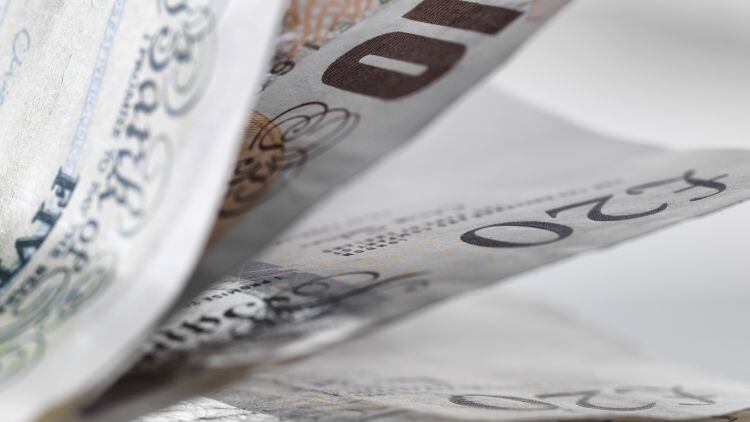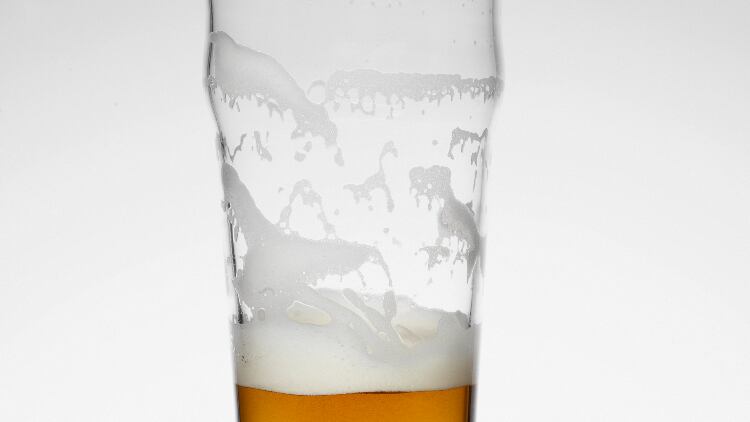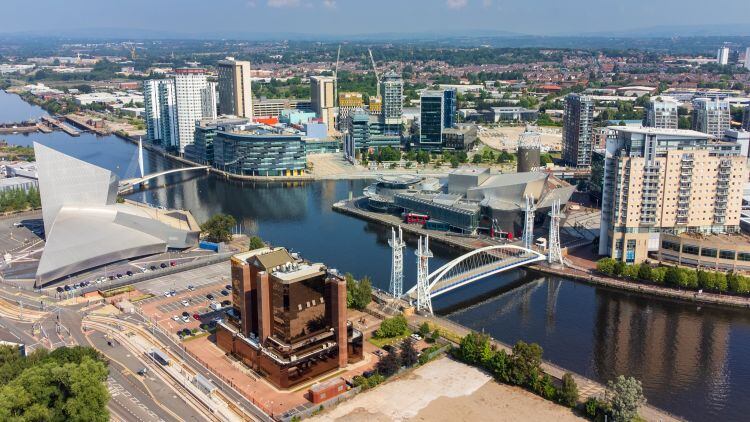The current Energy Bill Relief Scheme (EBRS) will end in its current guise today (Friday 31 March) before it is replaced by the Energy Bills Discount Scheme (EBDS).
The Federation of Small Businesses previously warned the closure of the EBRS could mean firms are forced to shut, downsize or restructure when the EBDS starts.
Trade body the British Beer & Pub Association (BBPA) estimated the average pub is expected to pay almost £20,000 more for their energy bills once the EBRS ends (based on a weekly turnover of £9,000).
BBPA chief executive Emma McClarkin told The Morning Advertiser: “Everybody keeps calling it a perfect storm but it feels like a never-ending hurricane.
“Hospitality really is at a breaking point and I am very fearful. I heard today about four pubs in Bristol closing [due to] energy costs because they can’t break even. That is going to be the case for a lot of pubs come April.
“We calculated on average [pubs] will have to increase turnover by 11% to break even. It is a very worrying time, we are seeing an acceleration of business failure faster now than any time during pandemic.
“[Operators] have used up every resource they had, doing everything. Managers having to do everything. An increase of having to trade another 11% on top of where they are at just to standstill.”
NLW hike
She called on the Government to enact a window of renegotiation for those “stuck in the pain zone, in long-term contracts with high rates”.
McClarkin added: “We are seeing wholesale energy prices come down, I’m hearing [of] record drops in the price of gas but that simply is not going to be passed onto people locked into those long-term contracts.”
Also coming into force from tomorrow is the rise in national living wage (NLW), which has been increased by 9.7% compared to last year to £10.42 an hour.
Chancellor Jeremy Hunt announced the rise in his Autumn Statement last year (Thursday 17 November), which he said was the largest hike in the country’s NLW amount ever.
This followed recommendations of the Low Pay Commission and the Government also accepted its recommendations on other rates.
It included increasing the rate for 21- to 22-year-olds by 10.9% to £10.18 per hour, for 18- to 20-year-olds by 9.7% to £7.49 an hour and for 16- to 17-year-olds by 9.7% to £5.28 an hour. Furthermore, the apprentice rate will also rise by 9.7% to £5.28 an hour.
Another cost
“It seems to be a never-ending increase of costs across the board. In hospitality we reward our staff, we are a people business but this is adding to the bills. Another cost on top of everything else,” the BBPA boss said.
“We are a narrow margin profit businesses and everything is being chipped away, we are resilient but it is getting to the very bottom of what we have got in our tank.
“It’s another cost, another layer and we are very concerned.”
Furthermore, from 1 April, Manchester will be introducing a new tourist tax whereby visitors staying overnight in a city centre hotel or holiday apartment will be charged £1 per night, per room and has been estimated to raised about £3m per year.
The ‘City Visitor Charge’, which McClarkin labelled “disappointing”, is the first to be implemented in the UK,
She added: “Hospitality businesses are already subject to high taxation and the introduction of this new levy comes just as our sector is also facing extreme pressure from skyrocketing energy costs, rising prices and cost-of-living crisis.”





